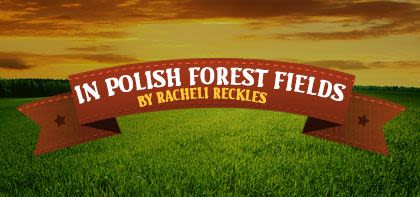
In Polish Forest Fields
The Polish people were just as guilty as the Nazis for killing innocent Jews. The following story will show you a side of the Polish people very few of you know about…

Many of you have read Rav Arush’s beautiful book on personal prayer, In Forest Fields. Well, my version is a little different. My version is about one of my father’s many intensely difficult situations that he went through as a young boy escaping Poland during World War II.
Poland was and still is a rabidly anti-Semitic country. They are doing their best to destroy any semblance of Judaism that’s left, from outlawing kosher slaughter to persecuting anyone who publicly connects Poland with the atrocities against humanity committed by Nazi Germany and its fellow evil thugs.
I was discussing these events with my father, who was just eight years old when he was forced to go into hiding to escape the Polish authorities. Luckily for me (and especially for my husband,) he and his father survived their time in Hell and managed to make it to Israel. My father’s mother, Fruma a”h, and his two sisters, Sarah a”h and Mindele a”h, were not as fortunate.
They were taken to the nearby extermination camp known as Treblinka.
In our conversation, my father made a very crucial point. He said that the Nazis would have never been 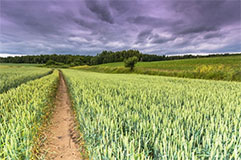 able to accomplish what they did if it weren’t for the support and assistance of the Polish government and people.
able to accomplish what they did if it weren’t for the support and assistance of the Polish government and people.
The Polish people were just as guilty as the Nazis for killing innocent Jews. The following story will show you a side of the Polish people very few of you know about. On the bright side, this story will also show you how strong and resilient the human spirit is, how a person can find tremendous inner strength to deal with his impossible reality, and how Hashem watches over each and every one of us.
As my father, Moshe, and his father, Zvi a”h, were running from the Nazis, they hid in a wheat field owned by farmers. Somehow, Zvi managed to find rocks and build what my father refers to as a mansion – a low-lying cave of sorts. He and his father would spend their days lying on their stomachs among the high stalks of wheat, hoping each second that no one would find them and turn them in.
As he explained to me, the Polish were all too happy to report a Jew to the authorities, or even better, kill him themselves.
At night they would venture out of their mansion and go to different farmers’ homes begging for a piece of bread or a potato.
Okay, let’s just stop right here for a moment.
Can you imagine what it’s like to spend nearly 24 hours a day lying down outdoors with no food, no hot shower, no toilet, and *gasp* no smartphone? And your nightly outing is to go door to door begging for food while praying that you don’t get shot in the head?
Seriously, people. We have nothing to complain about.
One night they knocked on a certain farmer’s door. This farmer was familiar with my grandfather and invited them in. He introduced Zvi to three other Jews that had also come in search of food. They were huddling together, hiding from the dangerous outside world.
My father doesn’t remember much detail, but he recalls that they had a short visit, got some stale bread and potatoes, and left.
As they were hurrying back to their cave mansion, which was about a half a kilometer away, they suddenly heard shouting and a big commotion. They continued running until they reached “safety.”
A few days later, my father found himself standing at the home of a different farmer while his father begged for bread. They were talking and somehow the subject of the other three Jews came up.
“Oh, yes, those three Jews,” the farmer said. “They were shot to death by some people waiting in the woods for them.”
Not Nazis. Not Polish soldiers. Polish People themselves.
How does one deal with the stress of having narrowly escaped death… yet again?
Through many miracles, my father and his father managed to make it to Israel and rebuild a life for themselves. My father puts on tefillin, prays every morning, eats kosher, and goes to services every Shabbat. He raised us as proud Jews with a strong Jewish identity, which is pretty incredible, considering his past.
People like him run circles around us with their superhuman strength and emuna. We should be inspired and in awe of them.
Just as importantly, we should keep the memory of the 6 million Jews that were murdered in the Holocaust alive. As Rav Brody pointed out to me, I am one of the youngest offspring of Holocaust survivors.
It is the duty of this generation to pass on these inspirational and heartbreaking stories, because I feel that it’s stories such as these that remind Jews, especially assimilated Jews, that we are not like the non-Jews. We should be proud of our strength, our history, and our Torah, and ultimately, we should live as Jews – the way Hashem intended.


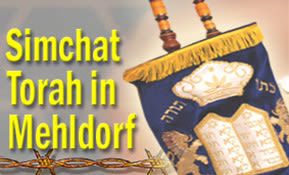
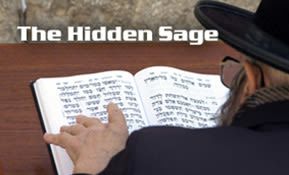
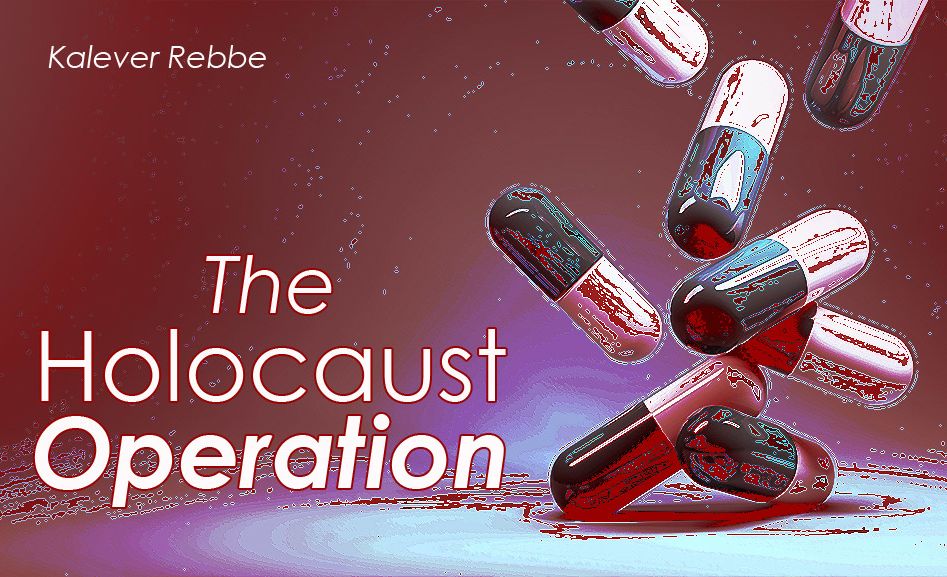
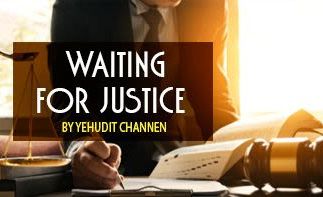
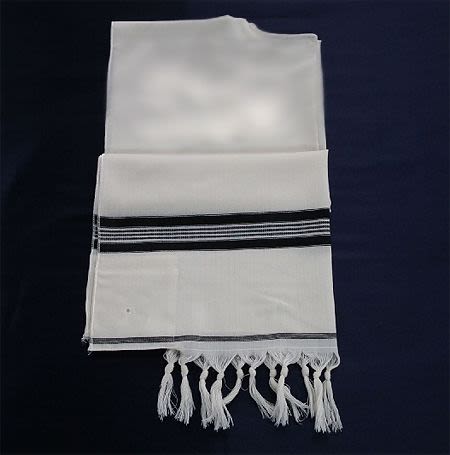
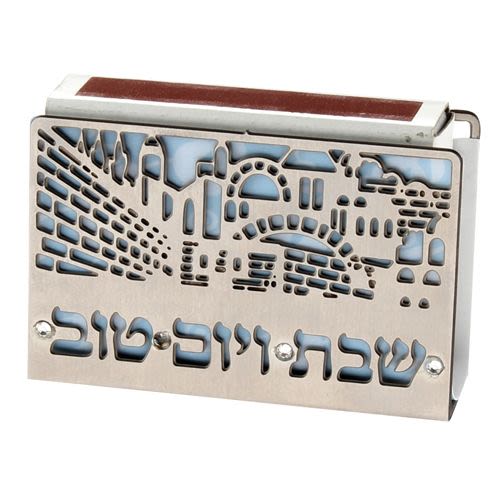
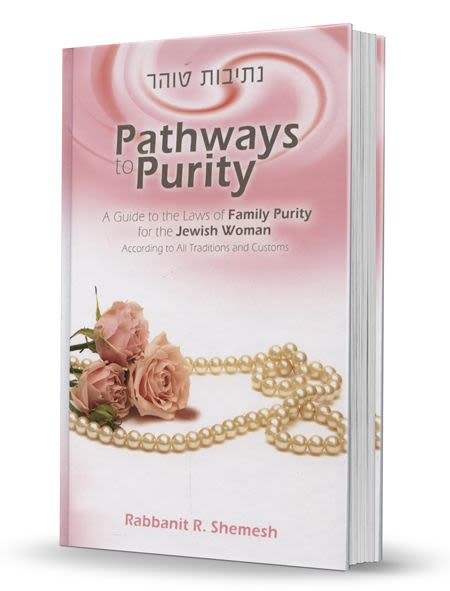
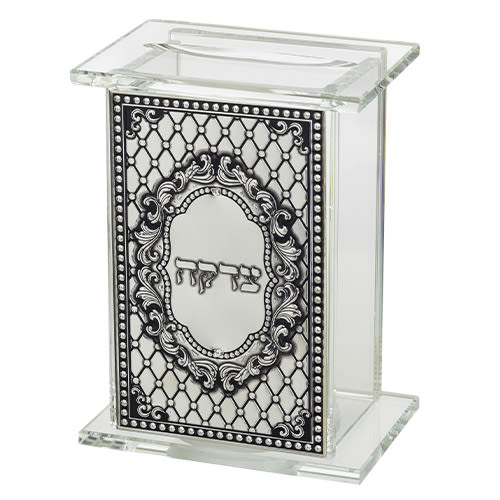

Tell us what you think!
Thank you for your comment!
It will be published after approval by the Editor.